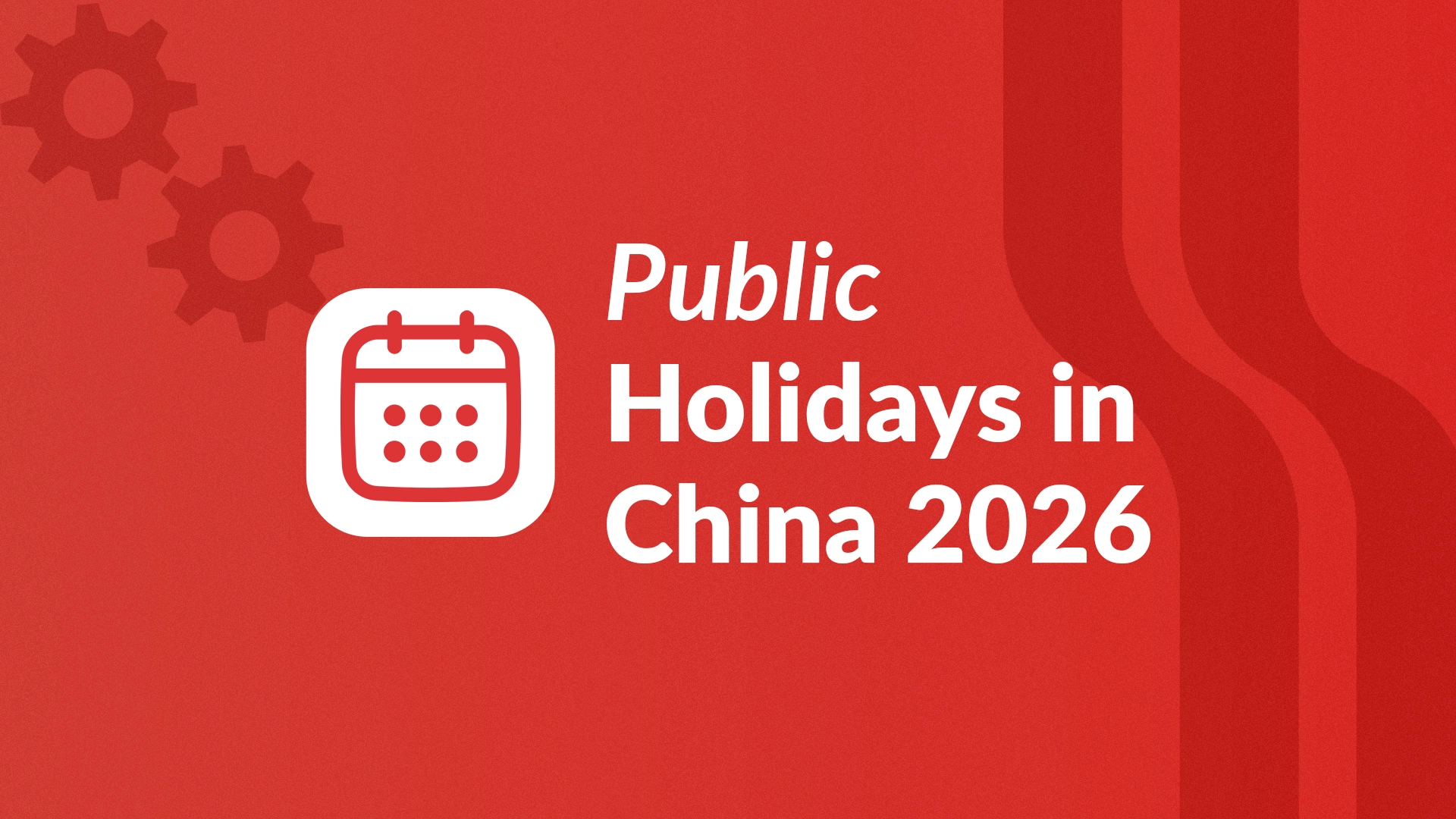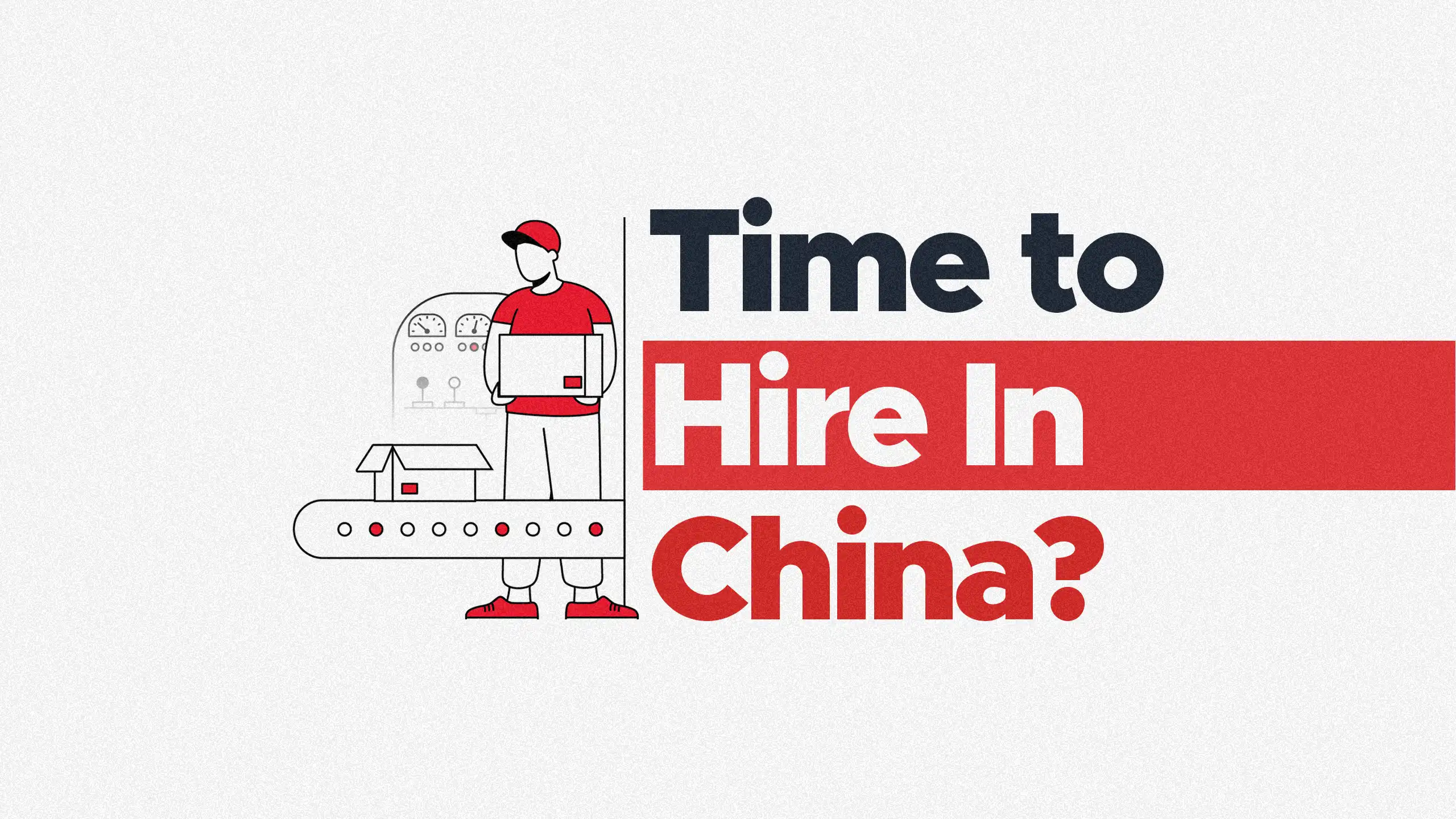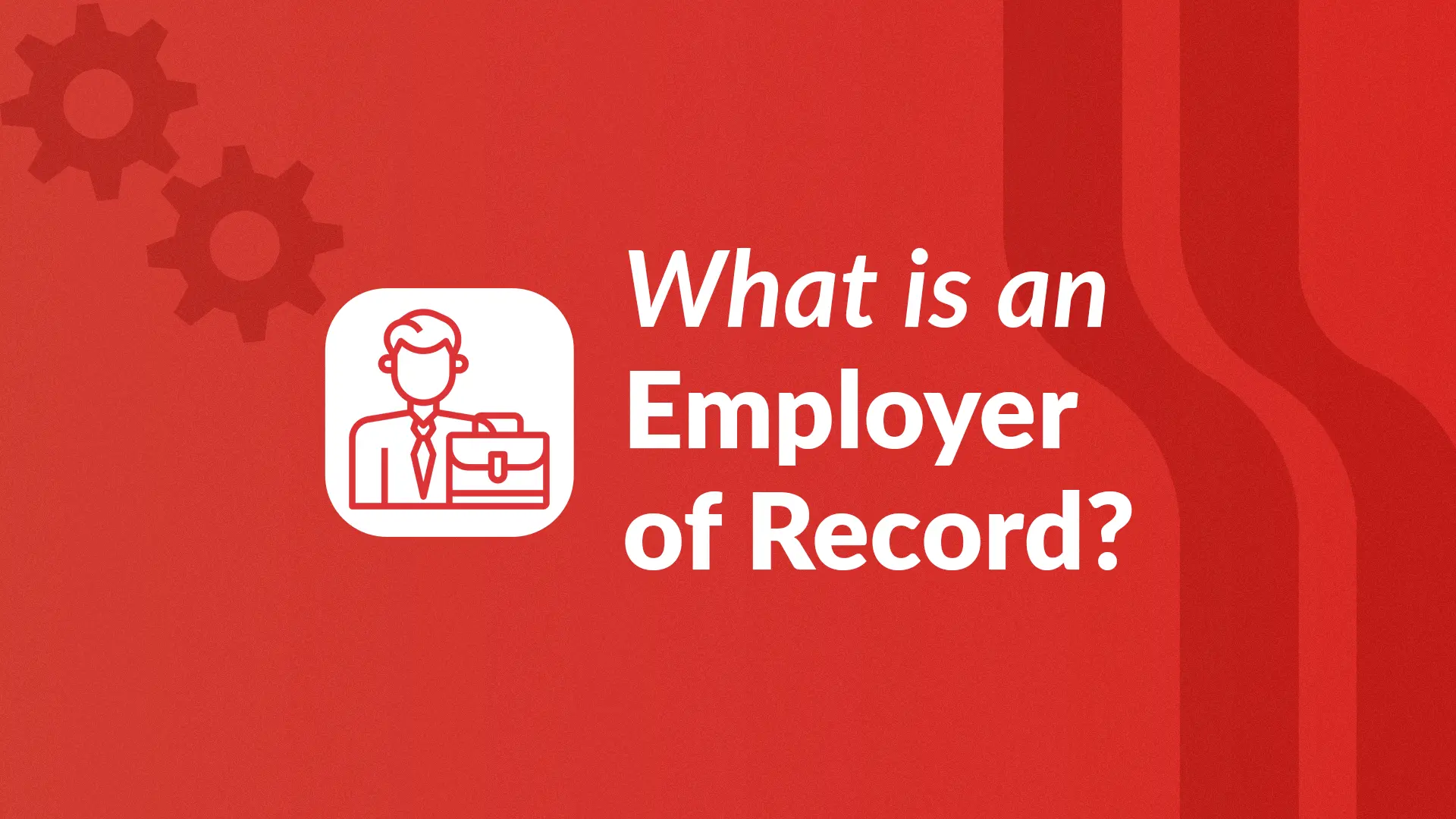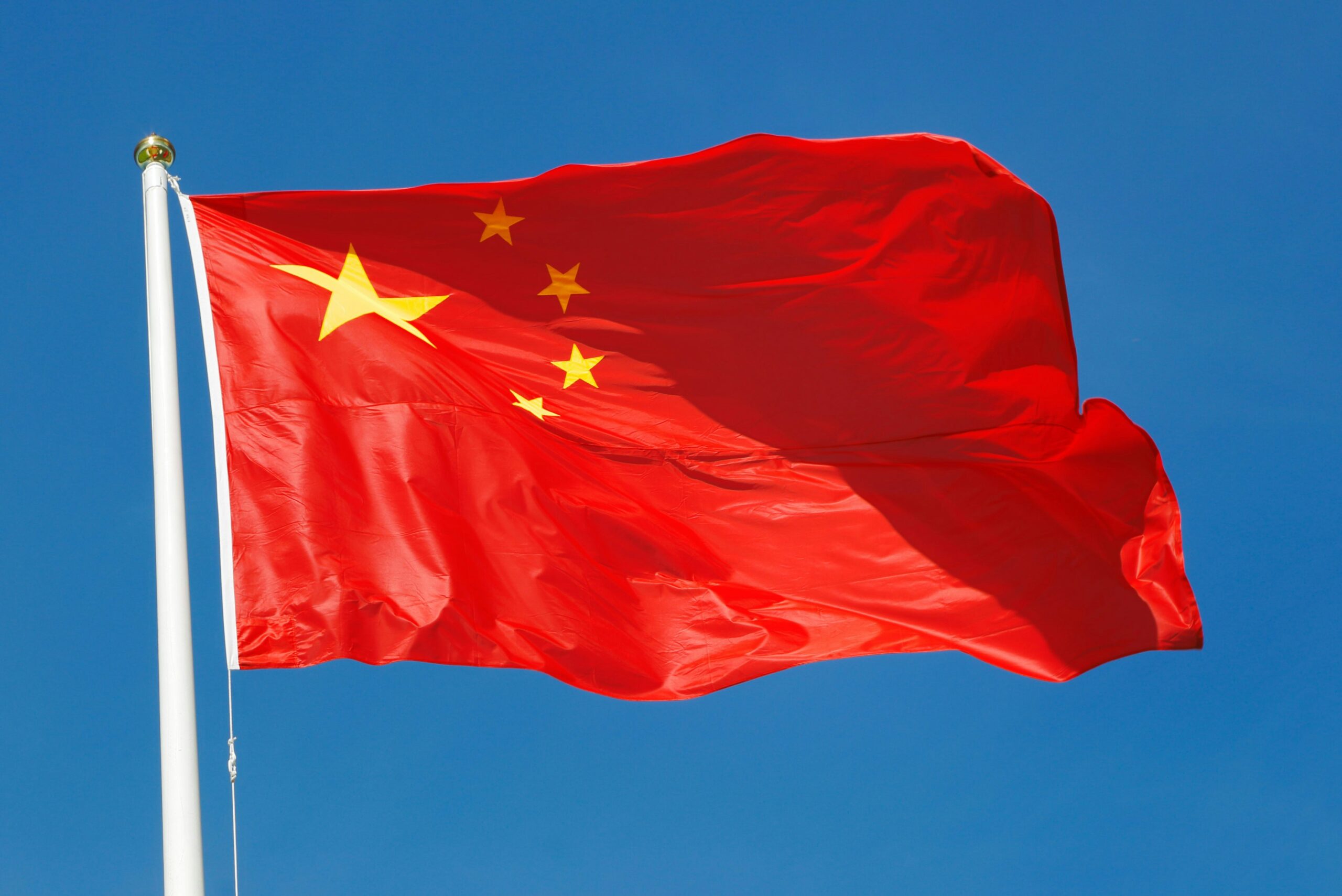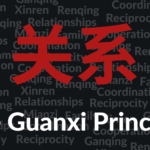China will have 13 statutory paid holidays in 2026, consistent with the expanded entitlement introduced in 2025, according to the State Council. For most businesses, this is non-negotiable. But — and this is important — there are exceptions depending on how you’ve classified your employees and what industry you’re in. Here’s what you need to know about China’s 2026 public holidays.
What Are China’s 2026 Public Holidays?
Here’s the full calendar of statutory holidays:
| Holiday | Dates | Duration | Makeup Workdays |
|---|---|---|---|
| New Year’s Day | January 1-3 | 3 days | January 4 (Sunday) |
| Spring Festival | February 15-23 | 9 days | February 14 & 28 (Saturdays) |
| Qingming Festival | April 4-6 | 3 days | None |
| Labor Day | May 1-5 | 5 days | May 9 (Saturday) |
| Dragon Boat Festival | June 19-21 | 3 days | None |
| Mid-Autumn Festival | September 25-27 | 3 days | None |
| National Day | October 1-7 | 7 days | September 20 & October 10 |
Note the “makeup working days” on the right-hand side of the table. These are Saturdays and Sundays that turn into regular working days to offset the extended holidays. If your staff work these, they get paid their normal rate, not overtime.
What About Half-Days and Regional Stuff?
Beyond the 13 big holidays, there are a few partial observances worth noting:
- Women’s Day (March 8):
All adult women get half a day off. - Youth Day (May 4):
Employees aged 14–28 get half a day off. - Children’s Day (June 1):
Kids under 14 get the whole day off. Mainly impacts parents (schools close), so don’t be surprised if some staff ask to stay home. - Army Day (August 1):
Active military personnel get half a day.
There are also cultural festivals: Lantern Festival on March 3, Tibetan New Year, the Ghost Festival in August, and so on. These aren’t statutory paid holidays across the whole country, but they matter culturally and may affect your business. Check with local authorities if you’re operating in specific regions like Tibet or Guangxi (which has its own Double Third Festival on April 19).
Do You Actually Have to Give Paid Time Off?
The short answer is: usually yes, but not always.
For most businesses operating a standard working hours system, statutory holidays are mandatory paid leave. No ifs, no buts. Your staff must get paid as if they worked, and you cannot deduct it from their annual leave balance. This is baked into Chinese labor law.
But there are genuine exceptions:
If you use a “comprehensive working hours system” (common in transport, telecom, retail, and some hospitality), your staff might not be entitled to paid time off on statutory holidays if you’ve formally designated those days as regular working days within your approved schedule. However, if they do work, you still pay them 300% of their normal wage.
If you’re in Beijing and use a “non-fixed working hours system”, the rules are different. Employees don’t get overtime pay for statutory holidays, so you don’t owe them 300% compensation. But this is specific to Beijing. In Shanghai and other cities, the 300% rule still applies.
If you’re unsure which classification applies to your operation, contact us and we can help you out. The rules genuinely differ between Beijing, Shanghai, Shenzhen, Guangzhou and other locations.
What If You Need Staff to Work on a Holiday?
If your business must operate on a statutory holiday, and you don’t fall into an exemption category, you must pay 300% of the employee’s normal daily wage for every hour worked. If you need to do this, always inform employees in advance and get written consent where possible, especially for holiday work, to avoid disputes or complaints.
